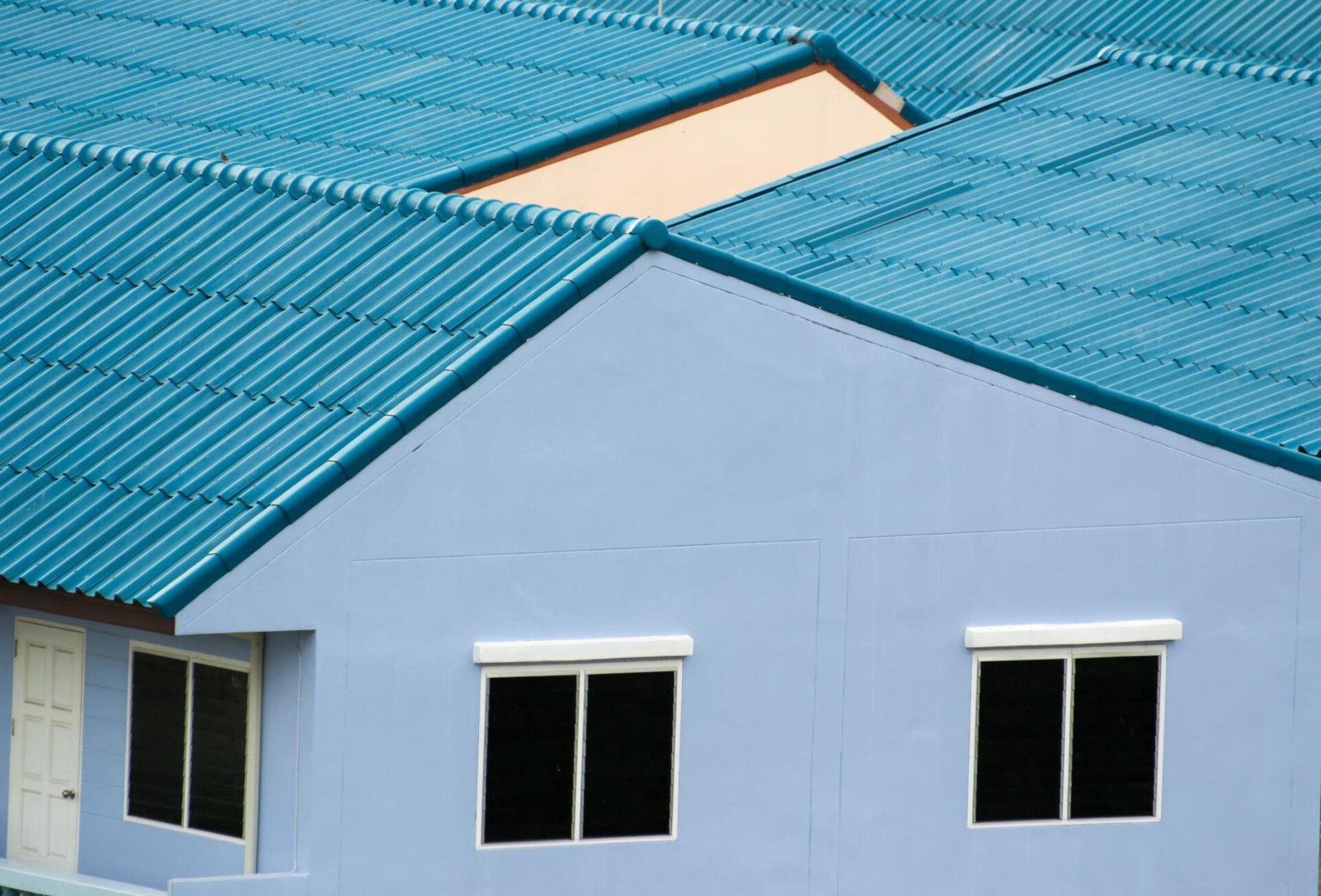Commercial Roofing
To start, remember that we provide free roof inspections, and estimates! Our commercial roof installers are highly skilled professionals who specialize in roof repairs and installations. A good, solid roof is unquestionably critical to your company’s success. The safety of your employees, as well as the safety of your equipment and any valuable stock, is also top priority. Nobody wants to go to work and find a shamble!
Upgrades on commercial roofs
Sometimes an old roof simply needs to be replaced because the repeated repairs have become insufficient. When that time comes our experts will always notify you so that you can make an informed decision. Roof upgrades will always improve the dryness of your building resulting in satisfied employees and well-maintained equipment. As well as stock that is still valuable.
Maintenance
Maintenance is essential on any type of roof, including commercial roofs, to prevent a minor issue from becoming a major expense. A commercial roof must be thoroughly inspected to ensure that no repairs are needed and that there are none of those dreadful water leaks! And who wants that? Water leaks can cause extensive damage to the roof, as well as the ceilings, walls, and flooring, and most business insurance policies will not cover these costs until the roof is repaired. Dartmouth Roofing Pros offers free inspections to our existing customers to ensure the roof is always in top form.
Types of commercial roofing
Flat roofs, low-slope roofs, and pitched roofs are the three styles of commercial roofing. The flat roof is the most popular commercial roof, and it is also the emblem of commercial and industrial commerce. When you look at most factories, you'll notice that they have mostly flat roofs.
Advantages & Disadvantages
A flat roof is less expensive than a sloped roof because it requires less material and is simpler and faster to build. There are several different types of material to choose from, as well as various colors, so you can find one that suits you! Workmen can walk on a flat roof, making maintenance and drain cleaning simpler. The disadvantages can be poor drainage, which can result in standing water, which will degrade the materials quicker. A low-sloped roof allows water to drain, but the design directs the water to where it needs to go, such as valleys and gutters. Working on low-sloped roofs is quicker and safer. Heavy snow does not easily melt off low-sloped roofs, adding additional weight on the roof, which can cause harm. A pitched roof has the advantage of allowing more water and snow to run off. The simpler it is for liquid and debris to roll off a steeper roof structure, the longer it stays clean. It also ensures there is less water buildup, which may lead to water leaks. A pitched roof has the downside of being more difficult to maintain and repair. A pitched roof often necessitates more safety precautions, resulting in higher roof maintenance costs. Since installing a pitched roof is difficult, the costs are already higher.

